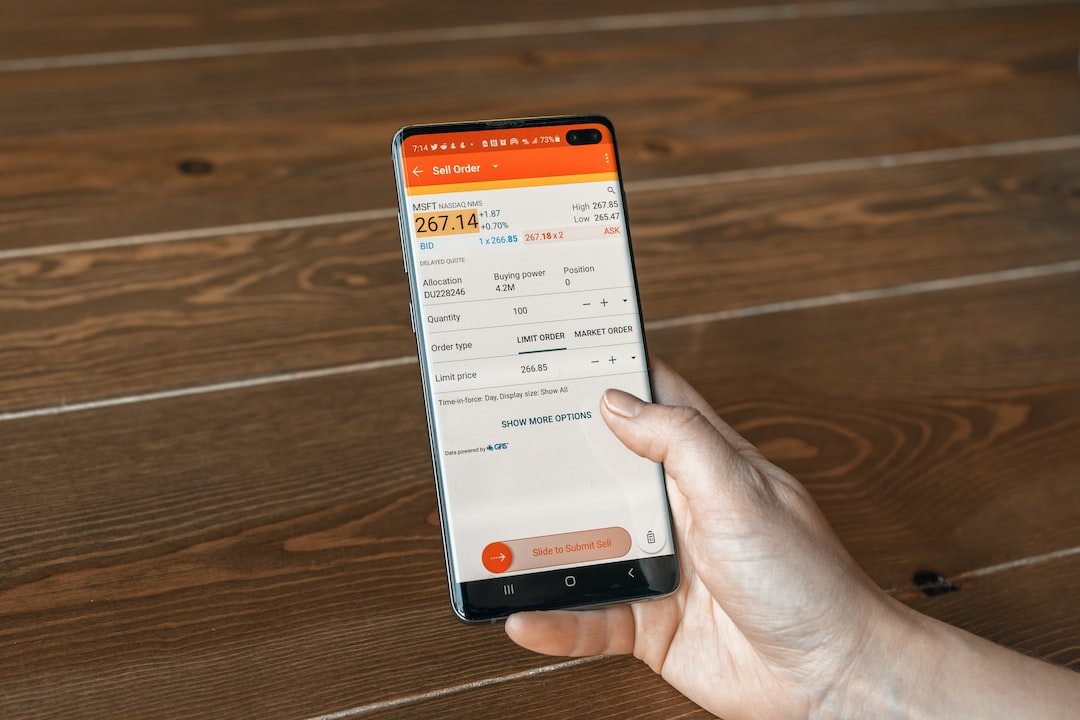Forex spreads are the difference between the bid and ask price of a currency pair. It is the cost of trading forex and is a crucial factor to consider when trading. Forex spreads can change frequently and can be influenced by several factors. In this article, we will discuss why forex spreads change.
Market volatility
One of the primary reasons why forex spreads change is market volatility. Volatility refers to the level of uncertainty or risk involved in the market. When the market is volatile, the spreads tend to widen as liquidity providers increase the cost of trading to protect themselves from losses. This is because the risk of trading increases in a volatile market and liquidity providers need to factor in the risk when pricing their spreads.
Market liquidity
Market liquidity is another crucial factor that affects forex spreads. Liquidity refers to the ease with which a trader can buy or sell a currency pair without affecting its price. When the market is liquid, spreads tend to be tighter as there are more buyers and sellers in the market, and it is easier to execute trades. On the other hand, when the market is illiquid, spreads tend to widen as there are fewer buyers and sellers, and it is harder to execute trades.
Economic data releases
Economic data releases can also cause forex spreads to change. Economic data releases such as non-farm payroll reports, gross domestic product (GDP) figures, and inflation reports can have a significant impact on the forex market. This is because these reports provide information about the health of the economy, which can affect the value of a currency. When economic data is released, spreads may widen as traders rush to buy or sell a currency pair, causing the market to become more volatile.
Political events
Political events such as elections, referendums, and geopolitical tensions can also affect forex spreads. These events can cause uncertainty in the market, leading to increased volatility and wider spreads. For example, if a country is about to hold an election and there is uncertainty about the outcome, traders may be hesitant to trade that currency, causing spreads to widen.
Time of day
The time of day can also affect forex spreads. The forex market is open 24 hours a day, five days a week. However, the market is more active during certain times of the day, which can affect spreads. For example, spreads tend to be tighter during the London and New York trading sessions when there is more liquidity in the market. On the other hand, spreads may widen during the Asian trading session when there is less liquidity in the market.
Broker pricing
Lastly, broker pricing can also affect forex spreads. Different brokers have different pricing models, and their spreads can vary. Some brokers may offer fixed spreads, while others may offer variable spreads. Fixed spreads remain the same regardless of market conditions, while variable spreads can change depending on market volatility and liquidity. It is essential to choose a broker that offers competitive pricing and transparent spreads.
In conclusion, forex spreads can change for several reasons. Market volatility, market liquidity, economic data releases, political events, time of day, and broker pricing can all affect forex spreads. As a trader, it is crucial to be aware of these factors and choose a broker that offers competitive pricing and transparent spreads. Understanding why forex spreads change can help traders make informed trading decisions and manage their risk effectively.





